Transforming the Ticketing and Fan Economy with Web3
Published on Nov 28, 2024
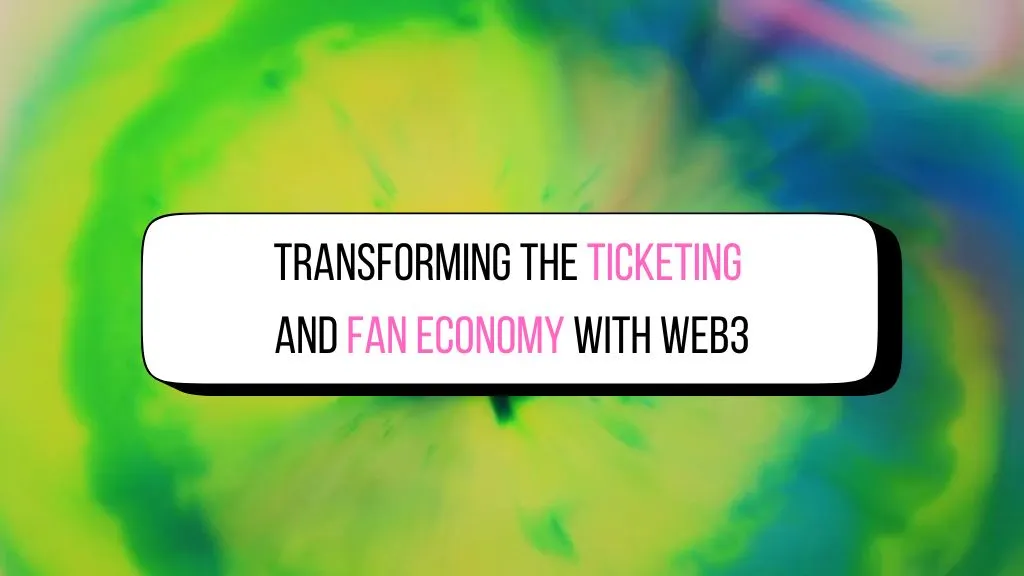
Ticketing is a story of shared human experience. It transforms
observers into participants, and ties them to singular, unforgettable
moments. Across the centuries, tickets have long symbolized access to
transformative experiences, from the roaring amphitheaters of ancient
Rome to more recent cultural milestones like Muhammad Ali’s ‘Rumble in
the Jungle’ in 1974.
Regardless of the century, each ticket symbolized a collective sense
of anticipation, marking the beginning of a tradition that would grow
alongside society.
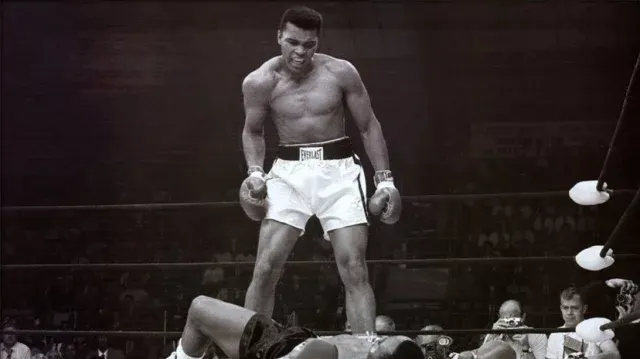
As the 20th century rolled in, ticketing evolved into a ritual of its
own, and securing tickets to landmark events like Ali, or The Beatles
became synonymous with being part of something. For some, these might
have just been simple stubs of paper, but for others, they were
symbols of belonging, coveted and passed between fans eager to be part
of a defining moment.
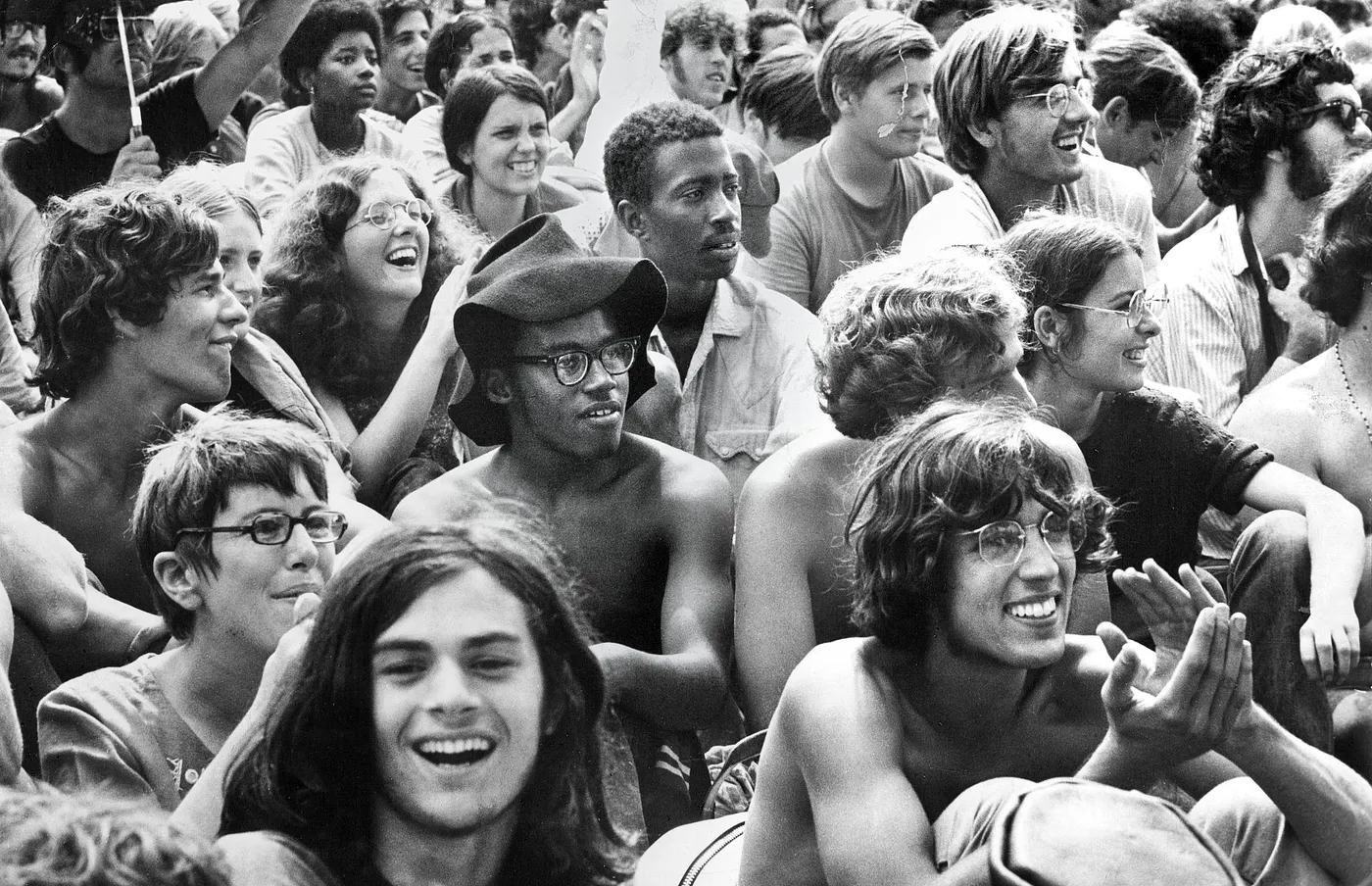
As the demand for access to these unforgettable experiences rose in
dramatic fashion, there were also signs of a troubling trend. As
ticketing scaled, its simplicity gave way to an industry full of
intermediaries and extortionately high fees, with power accumulating
in the hands of a few.
By the 1980s and 1990s, digital platforms like Ticketmaster introduced
convenience, but they also brought new issues like automated scalping,
inflated resale prices, and a flawed system where fans often had to
pay extortionate prices just to get a seat in the nose bleeds to see
their favorite artist.
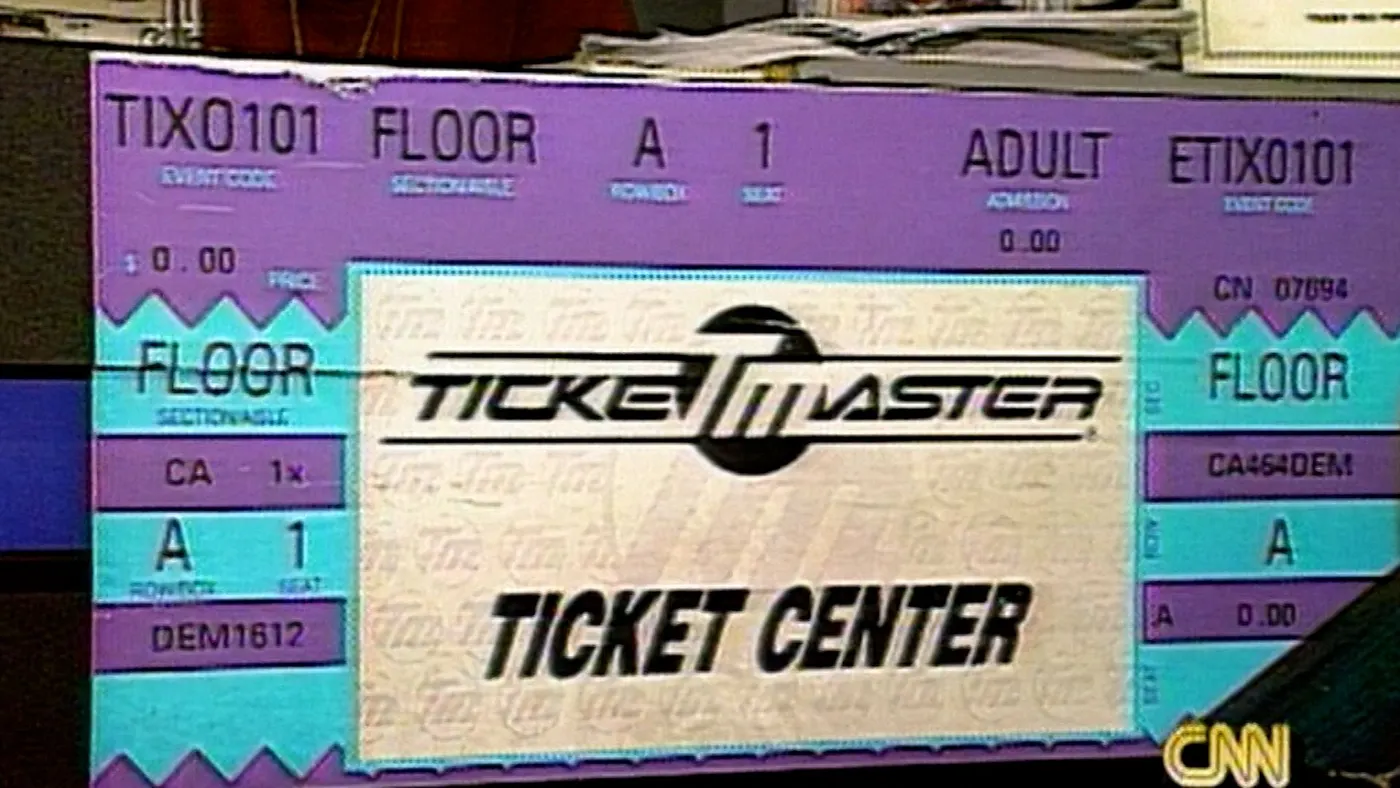
When tickets to events like Beyoncé or the Super Bowl are initially
released, they are actually priced within reach for most fans, but
what happens is they are often snapped up within seconds by automated
bots programmed to exploit the system. These bots, leveraging advanced
scripts and algorithms, can bypass CAPTCHA systems and queue
mechanisms to purchase large volumes of tickets in milliseconds.
Once acquired, these tickets flood secondary markets, where prices
inevitably skyrocket, leaving the average fan with little choice but
to pay hugely inflated prices or miss out entirely. The scale and
precision of bot operations amplify scarcity and drive up prices,
making the ticketing landscape increasingly unfair and inaccessible.
The worst part?
This practice has become completely normalized, and it’s now regarded
as an accepted part of the industry’s inner workings. Ticketmaster’s
rise to near-monopoly status in the 1990s solidified this reality,
leaving fans and artists with limited alternatives.
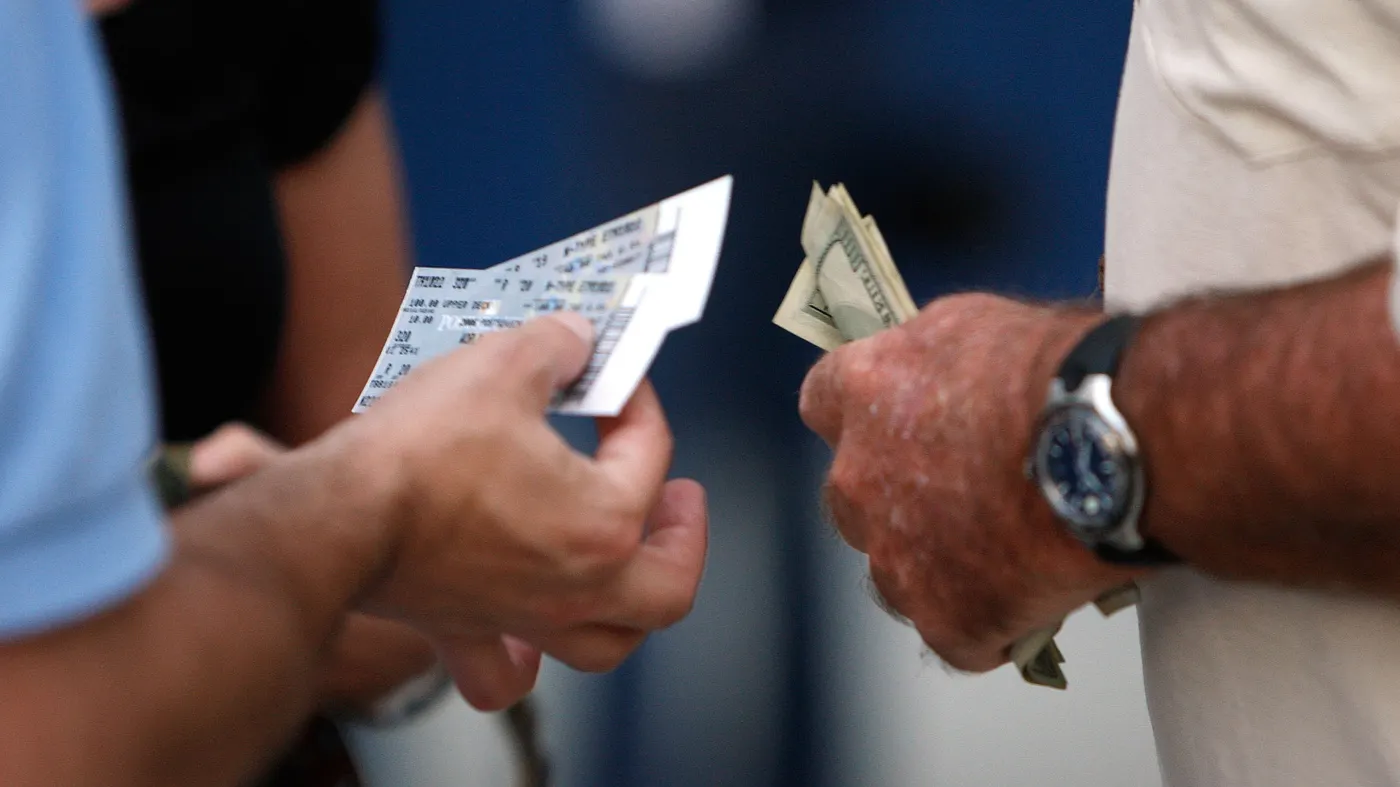
In parallel to the ticketing boom, fan engagement began shifting from
passive admiration to active participation.
In the mid-2000s, social media and online fan clubs created spaces
where fans could connect directly with artists, reshaping the
relationship between creators and their audiences. Platforms like
MySpace played a significant role in this shift, as fans of bands like
Arctic Monkeys used the platform to share their music and generate
hype, allowing these artists to bypass traditional industry
gatekeepers and build a dedicated following.
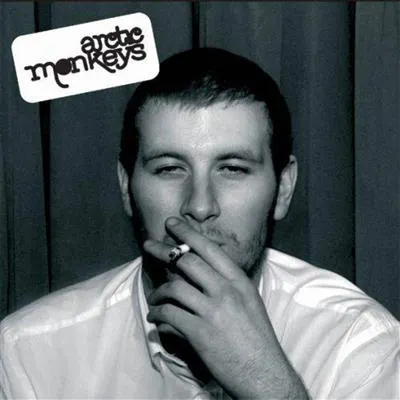
Bands like Radiohead also began experimenting with direct-to-fan
models, reshaping traditional distribution channels. In 2007,
Radiohead took a bold step with the release of their album In
Rainbows, offering it directly to fans as a digital download on a
pay-what-you-want basis.
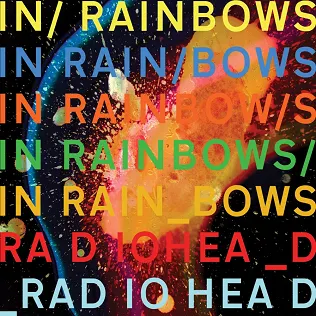
The result?
Over 3 million copies sold.
It was a move that bypassed record labels entirely, letting fans
decide how much they wanted to pay and creating a direct connection
between the band and its audience. The experiment drew widespread
attention, and challenged existing music industry structures. It was
quite clear that consumers were more than willing to embrace a more
direct relationship with creators and support them on their own terms,
when given the choice.
This new model completely challenged the notion of traditional
distribution, and demonstrated the massive potential for fan-driven
innovation to reshape the industry.
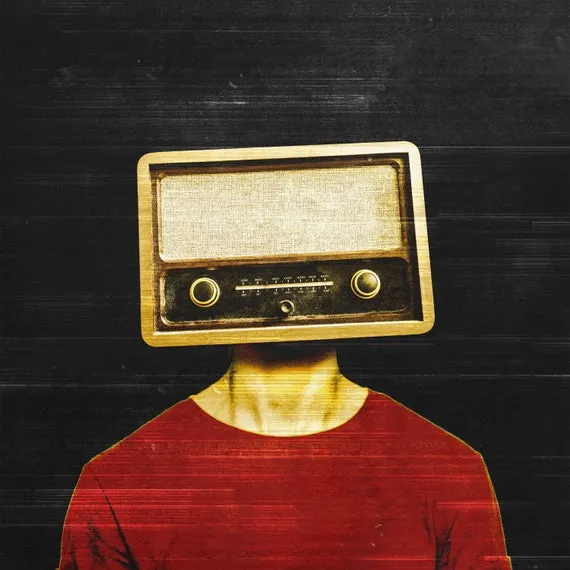
Radiohead also applied this direct approach to ticket sales, using
their own platform to sell concert tickets instead of relying on
traditional ticketing agencies, aiming to reduce the impact of
scalping and inflated resale prices, and giving fans a better chance
to buy tickets at face value.
Although innovative, issues such as overwhelming demand and flawed
online queue systems made it hard to solve the problem of fair access.
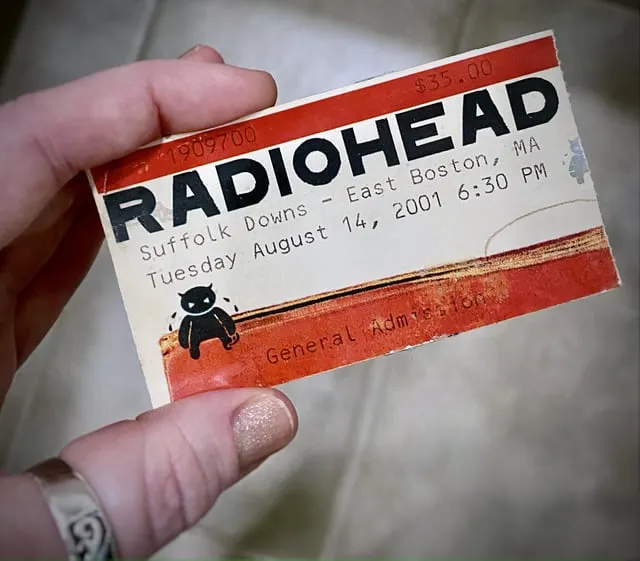
This fan-driven momentum continued with initiatives like the Veronica
Mars Kickstarter campaign in 2013, where fans raised over $5.7 million
to fund a movie continuation of the series. It was a clear
demonstration of the collective power of fans to directly influence
creative projects they valued.
However, as with Radiohead’s efforts, these initiatives also revealed
limitations in existing systems, and the challenges of managing
accessibility, demand, and fair distribution remained largely
unaddressed.

These experiences were early examples of the potential for fan-driven
initiatives, even as it revealed the limitations of existing methods
at the time. Today, the modern ticketing and fan economy extend far
beyond concerts, integrating exclusive merchandise, digital events, or
even real-time interactions. K-pop behemoths like BTS and culturally
iconic events like Comic-Con showcase how fan engagement has become
integral to cultural experiences in modern society.
Regardless of these advancements, the world of ticketing and fan
engagement continues to grapple with systemic issues. It has struggled
to evolve in ways that address those persistent challenges, and issues
surrounding accessibility, transparency, and genuine fan engagement
are mainly unresolved, pointing towards the need for a much deeper
overhaul.
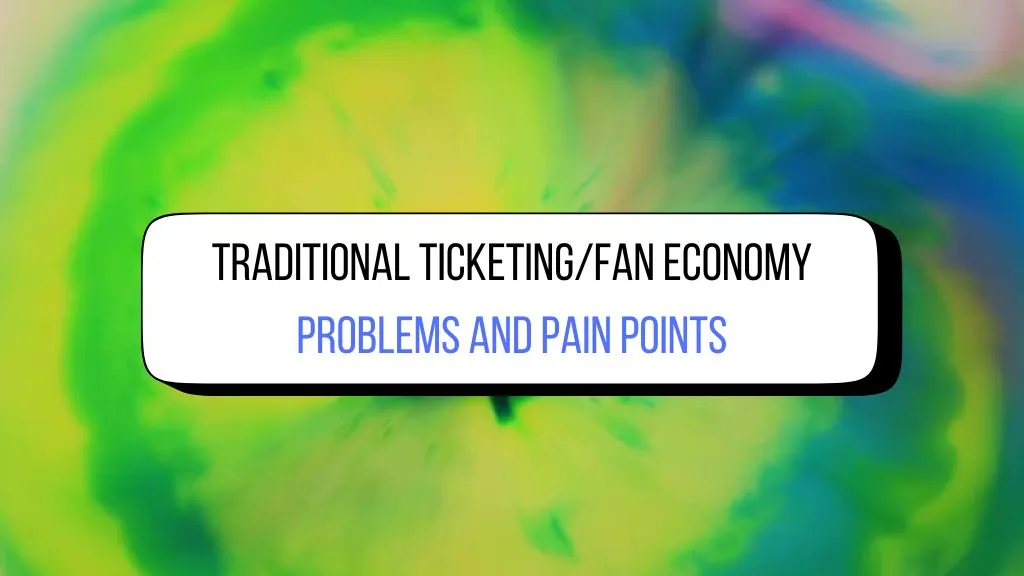
Despite the cultural significance and emotional connections tied to
ticketing and fan engagement, the model in place today often falls
short of providing something truly valuable for fans and artists. The
ticketing and fan economy reflect a deep history filled with
innovation, but as they evolved, they also introduced a slew of
challenges that directly impact the fans and creators.
Scalping
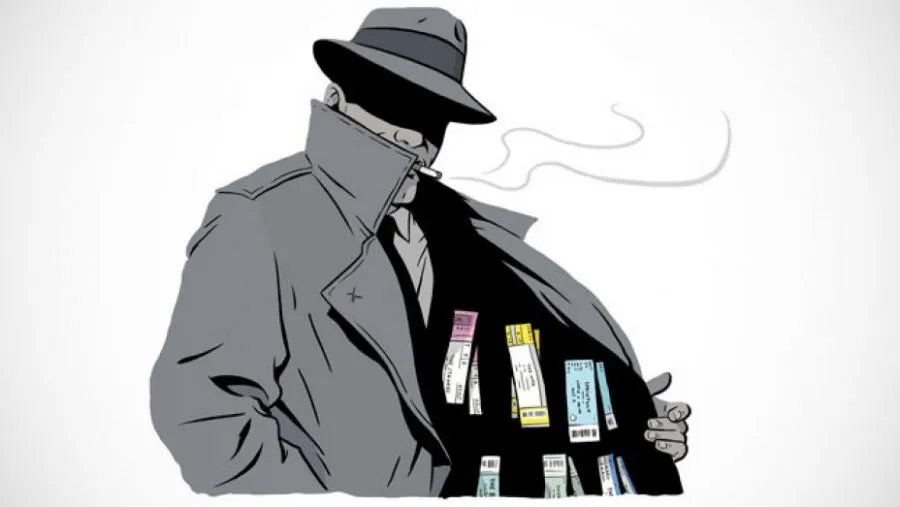
Hordes of automated bots snap up tickets the moment they go on sale,
leaving fans scrambling to buy from third-party resellers at grossly
inflated prices.
For major events, and whether that’s a Taylor Swift concert, the Super
Bowl, or Comic-Con, the original face value of the ticket can and will
absolutely skyrocket, often by hundreds or thousands of dollars. This
leaves fans with the choice to either pay those inflated prices or
just simply miss out, making access to these events increasingly
unattainable for everyday fans.
Fake Tickets

Fraudulent tickets are a huge issue, particularly with the rise of
online resale markets.
Fans purchasing from third-party sources often fall victim to scams,
receiving counterfeit tickets that fail to grant entry at the gate.
The lack of verification in secondary markets cheats fans out of their
money and creates distrust within the ecosystem, destroying the
overall experience and reputation of live events.
Inaccessible Fan Ownership
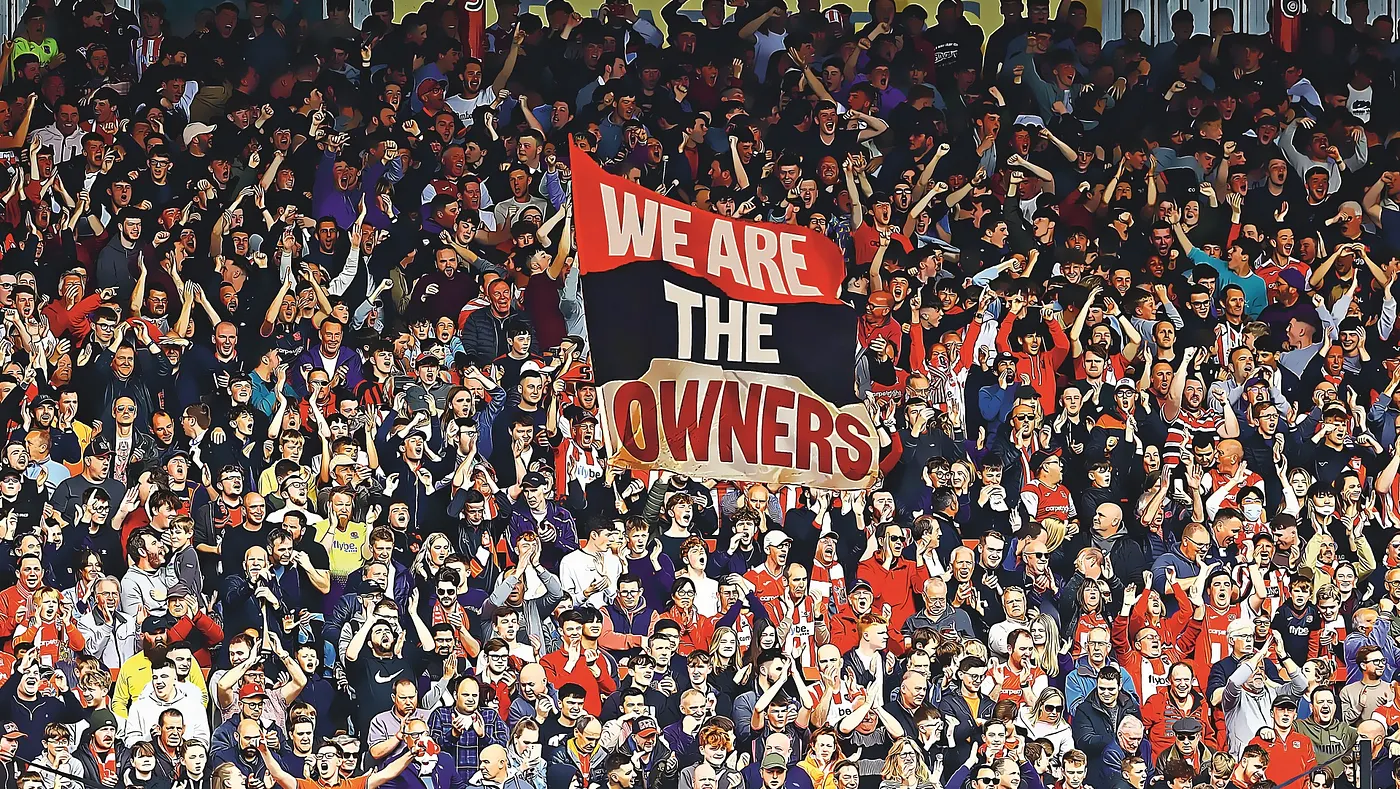
Fans often pour resources into merchandise, concert tickets, and
collectibles, yet they don’t really hold ownership in a way that
offers lasting value.
Fans might buy exclusive merchandise or a limited-edition ticket, but
once the transaction is completed, these items offer no further
connection to the creator or community. This lack of sustainable
ownership diminishes the sense of value fans derive from their
purchases, leaving them with few lasting rewards.
Limited Access to Exclusive Experiences

Many fan experiences, like VIP events or early releases, are designed
to be exclusive, but the limited availability can make them feel out
of reach for the general fanbase.
Only a few fans have access to meet-and-greets, exclusive merchandise,
or backstage passes, and these are often priced well beyond the budget
of the average fan. This scarcity model creates a tiered experience,
where true fan engagement often feels more like a privilege reserved
for those willing to pay more.
Extortionate Fees
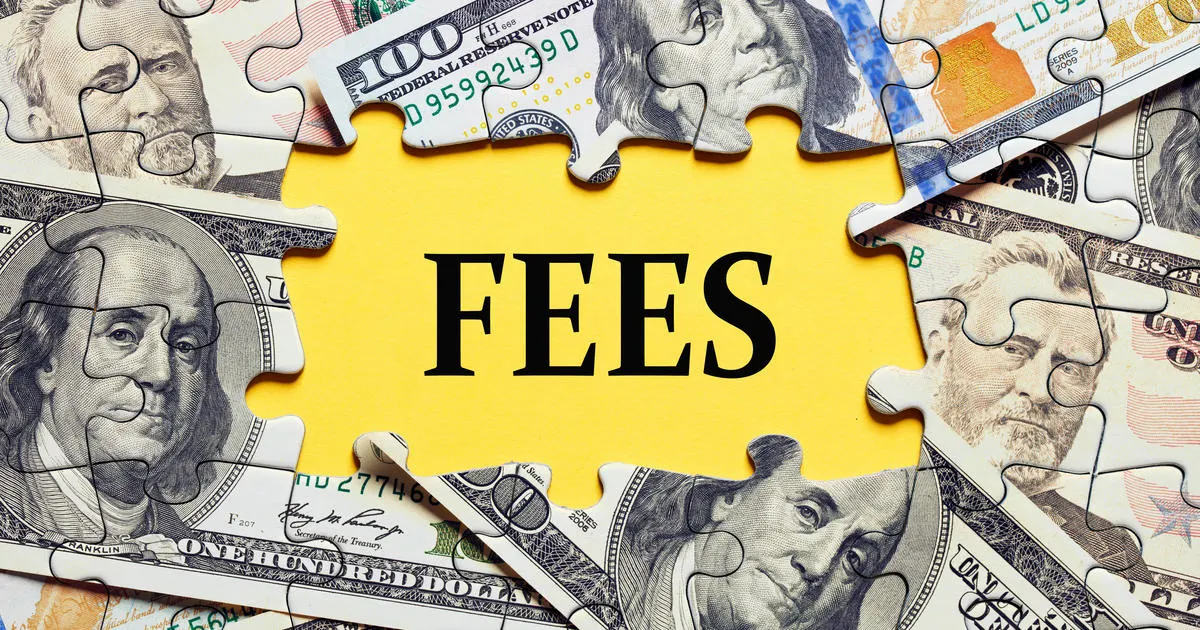
Traditional ticketing platforms act as intermediaries, often charging
extortionate service fees that drive up the total cost.
When making a purchase, fans might find that a ticket initially priced
at $100, now comes with an additional $30–$50 in processing and
handling fees. These middlemen add layers of cost without providing
direct value to fans or artists, turning ticketing into a more
expensive and often frustrating process.
Lack of Control for Artists and Event Organizers
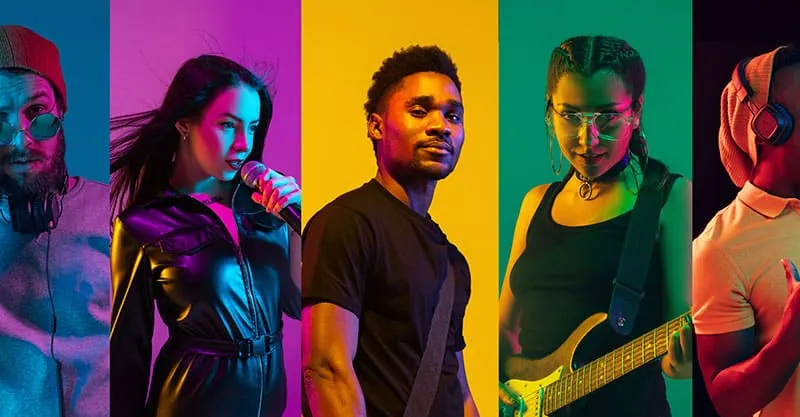
Artists and organizers have limited control over the distribution and
resale of their tickets once they hit the market.
After the initial sale, ticketing platforms and third-party resellers
dominate pricing and availability, leaving artists with little say in
how fans access their events. This lack of control also limits an
artist’s ability to engage directly with fans or reward dedicated
followers, as resale markets often interfere with genuine fan
engagement.
Fan / Creator Disconnection
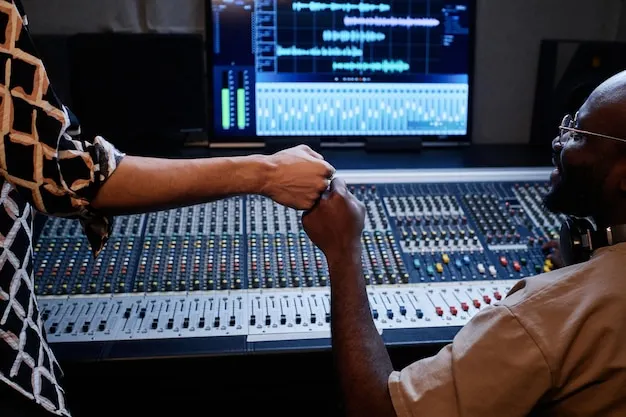
Traditional fan engagement is usually limited to one-time
transactions, whether it’s purchasing a ticket, buying merch, or
streaming a song.
Once the interaction is over, there’s often no ongoing connection
between fans and creators. Fans miss out on any sense of continued
involvement or unique rewards for their loyalty, and artists lose an
opportunity to build a lasting, meaningful relationship with their
audience.
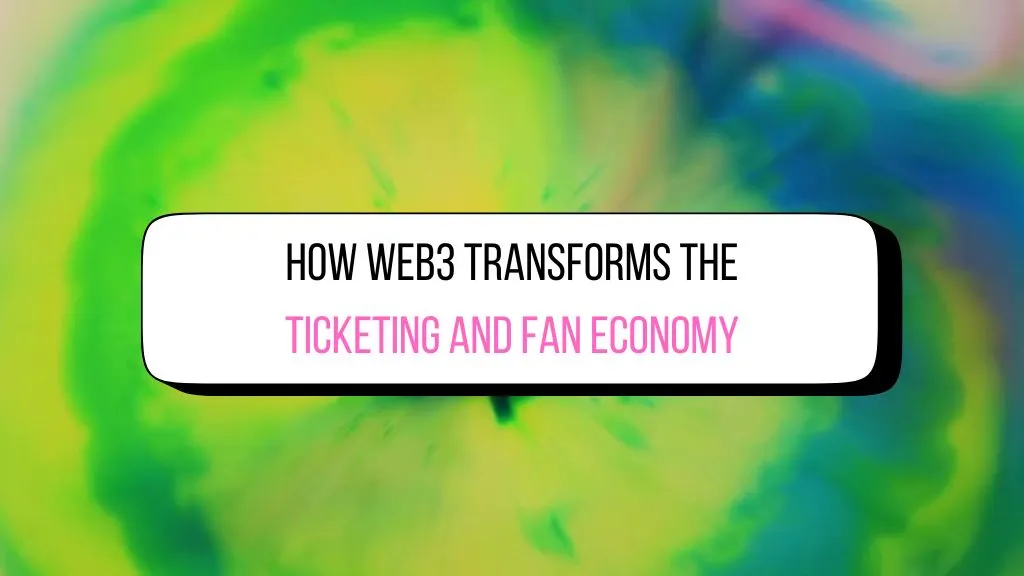
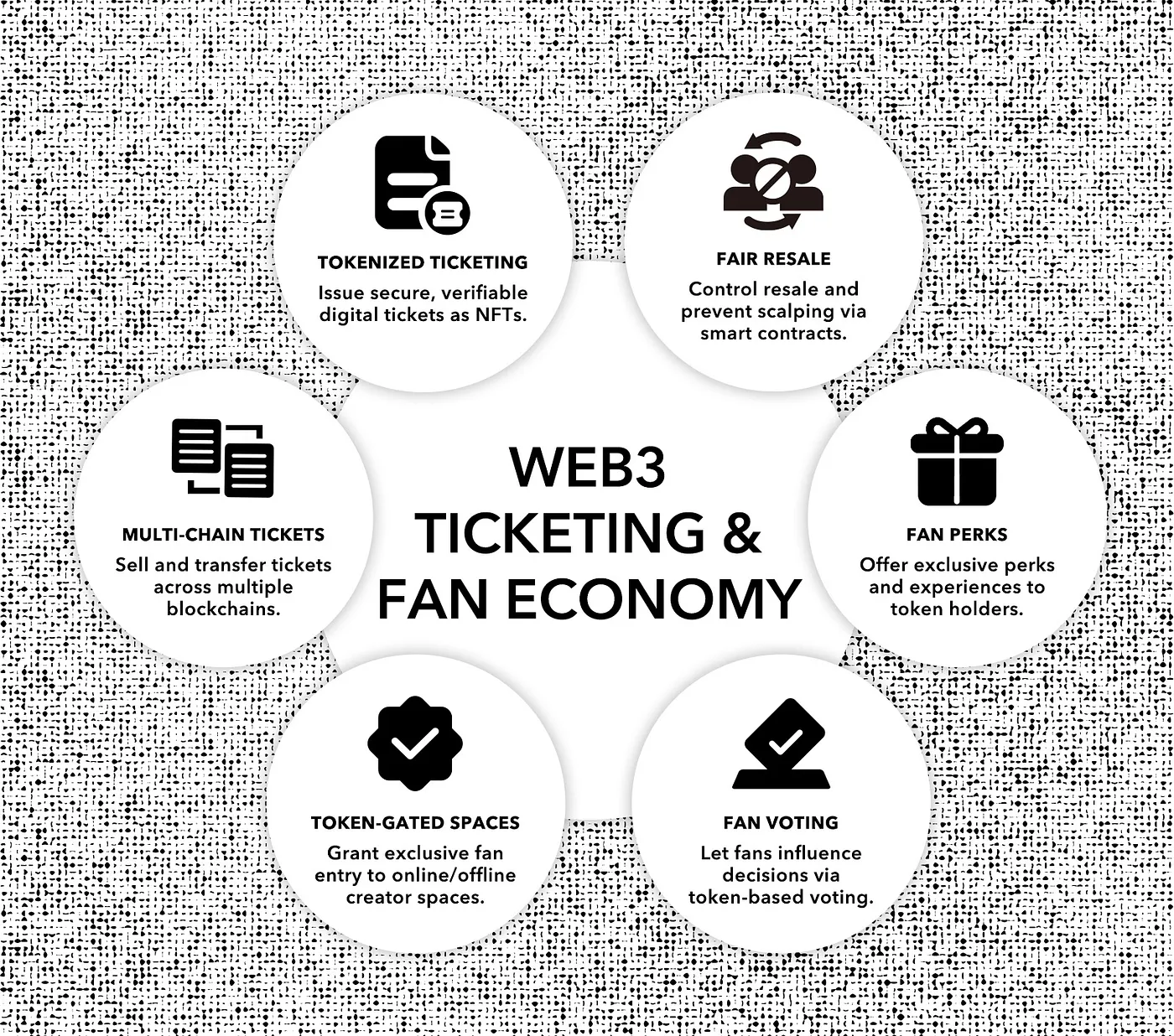
Uptick’s decentralized infrastructure enables a truly modular
ticketing and fan landscape with an advanced NFT/RWA-based approach,
leveraging Cosmos-SDK and EVM/WASM compatibility.
With programmable NFTs, decentralized data services, and deep
cross-chain capabilities, Uptick addresses key industry issues like
ticket scalping, high distribution fees, and limited fan engagement.
Uptick infrastructure empowers creators and event organizers to build
more transparent, secure, and scalable systems, providing a balanced
environment where fans can connect directly with creators, access
exclusive experiences, and enjoy a fairer ticketing process.
Here are just a few ways this is made possible on Uptick:
Ticket Authenticity / Scalper Prevention

Uptick’s Programmable NFT Protocol provides verifiable ticket
ownership and combats unauthorized resales.
Each ticket is minted as a unique NFT, embedded with programmable
conditions such as resale limits, dynamic pricing adjustments, and
real-time metadata updates. Event organizers could enable tickets to
automatically update with venue changes or offer additional perks,
such as exclusive fan access, creating a much more engaging and secure
ticketing experience.
This level of transparency deters scalping and counterfeit tickets,
meaning that access remains fair and accessible to real fans, and the
on-chain traceability of every ticket protects both fans and creators,
establishing a trustworthy ticketing system.
Direct Fan Engagement / Exclusive Access
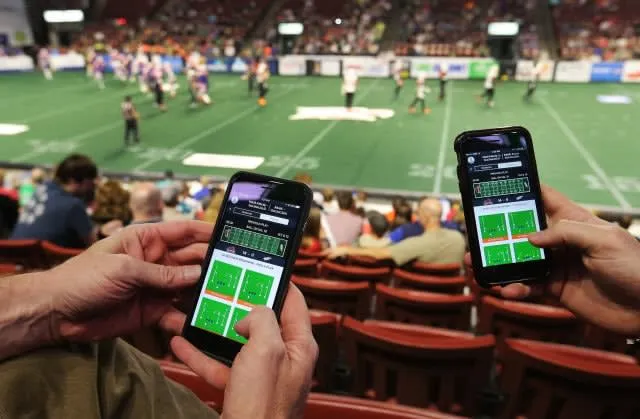
Uptick’s approach creates a direct line between fans and creators,
enabling stronger connections.
This eliminates intermediaries, deepening the connection between fans
and creators. Traditional fan interactions are often limited and
one-sided. Uptick’s programmable NFT protocol changes this by allowing
creators to issue fan-linked NFTs, providing direct links to unique
experiences. These programmable assets could grant access to fan-only
content, voting on event decisions, or early ticket releases, enabling
a deeper connection and rewarding loyalty without the need for
middlemen.
Transparent / Cost-Effective Distribution
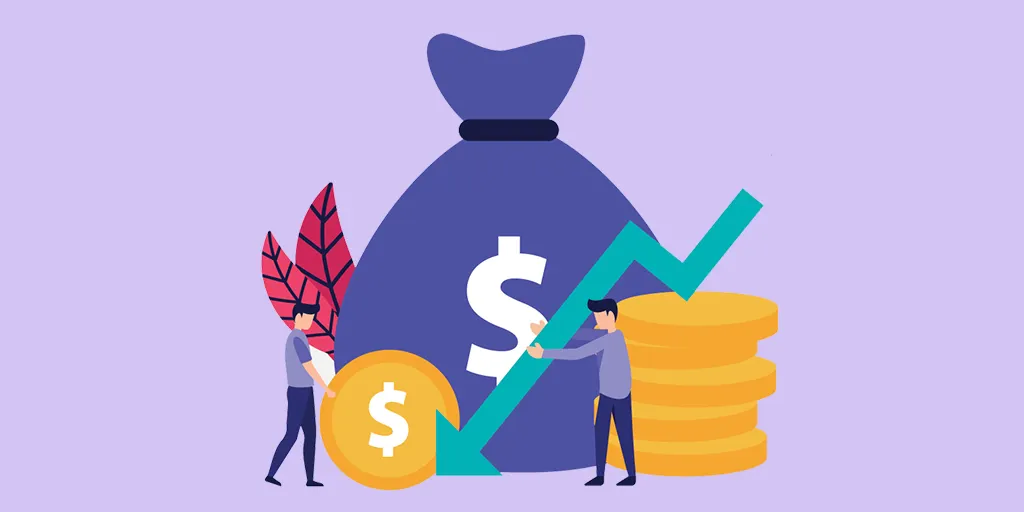
Uptick’s extensive smart contract support reduces costs and
streamlines the ticketing process.
Centralized ticketing platforms typically impose high transaction fees
and rigid pricing structures. Uptick’s smart contract support enables
direct sales between creators and fans, eliminating intermediaries and
reducing overall costs. Automated smart contracts handle pricing
adjustments, resale conditions, and ticket transfers, creating a
smoother, and fairer experience that benefits both creators and fans.
Lowering transaction fees and automating key processes means that
Uptick can enable the creation of more transparent, affordable
ticketing systems.
Uptick Data Service (UDS) for Fan Analytics

Uptick Data Service (UDS) provides creators with decentralized
insights while respecting fan privacy.
Creators gain access to valuable data, including fan attendance trends
and asset ownership metrics, enabling more tailored engagement. UDS
supports data-driven decisions that strengthen fan relationships,
offering privacy-compliant analytics that enhance the fan experience
without compromising user data.
Decentralized Customer Relationship Management (DCRM)

Uptick’s DCRM solution empowers creators with on-chain tools for
managing customer/fan relationships.
Uptick’s decentralized CRM system enables creators to track fan
behavior securely, offering personalized rewards and enabling lasting
engagement while respecting privacy through Uptick’s DID integration.
DCRM records fan engagement metrics directly on-chain, allowing
creators to offer personalized rewards and exclusive experiences.
Adaptive Ticketing with Uptick Oracle
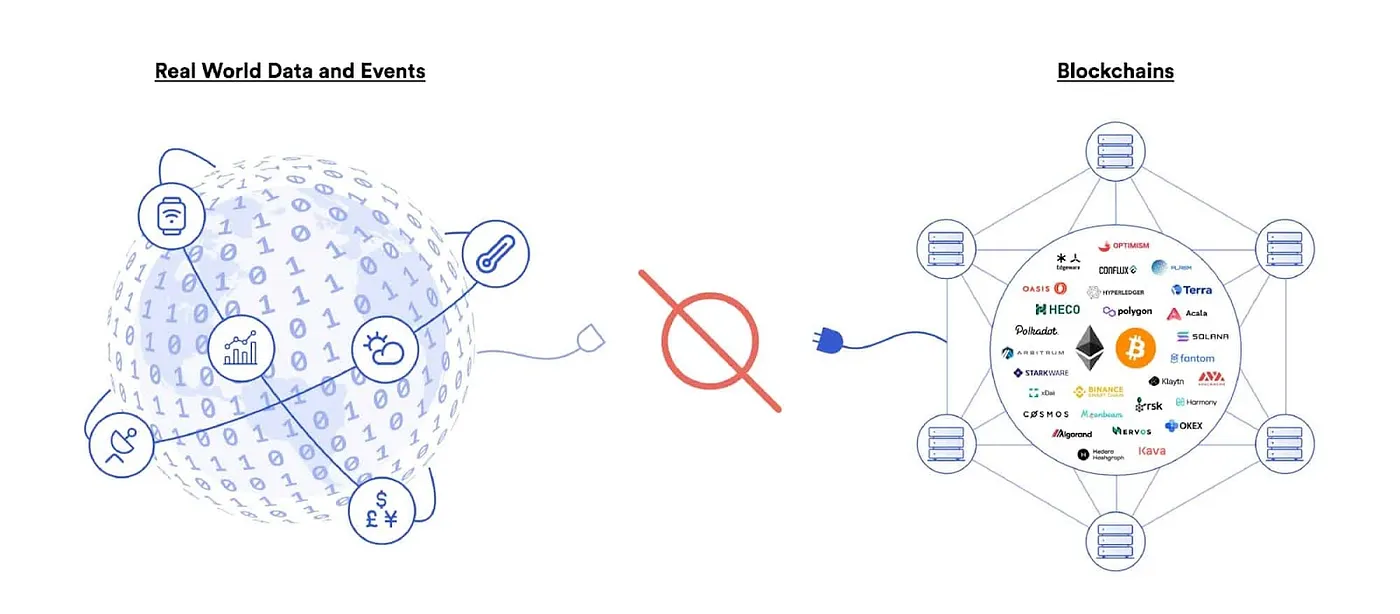
Uptick Oracle connects the blockchain with real-world data streams,
enabling dynamic ticket attributes that adjust based on live
conditions.
Tickets can update in real time to reflect issues such as
transportation delays, weather-related venue changes, or crowd
capacity adjustments. This adaptability enhances the fan experience by
providing real-time information and flexibility, helping event
organizers manage logistics more efficiently, which is an improvement
often lacking in traditional ticketing systems.
Tokenized Fan Clubs
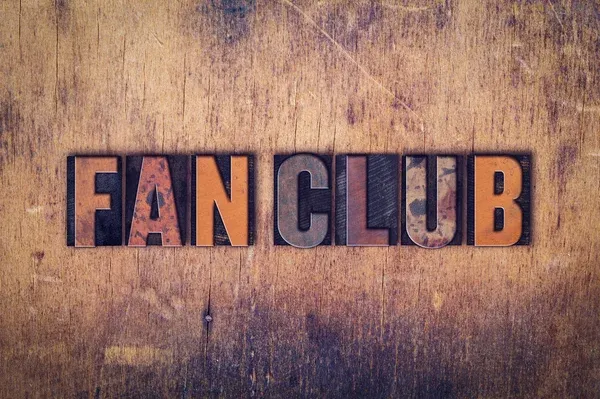
Uptick infrastructure transforms fan clubs into interactive
ecosystems, enabling fans to actively shape their engagement.
Traditional fan clubs often offer static memberships with limited
participation. Uptick’s programmable NFT protocol changes this by
enabling tokenized memberships, granting fans exclusive content,
voting rights, and evolving perks tied to engagement. Linked to Uptick
DID, these NFTs provide secure, private authentication while
dynamically unlocking benefits like early ticket access, exclusive
merchandise, and special event privileges, enabling a more immersive,
personalized fan experience.
Long-Term Value for Fans

Digital assets on Uptick go beyond one-time event access, offering
fans dynamically evolving, long-term benefits.
Uptick’s infrastructure empowers creators to design and create NFTs
that provide future perks like priority bookings and exclusive content
access. This turns a simple ticket into a dynamic asset, enabling a
deeper, ongoing relationship between fans and creators while adding
lasting value.
Automated Revenue / Royalties

Uptick’s rights management module automates revenue distribution,
enhancing transparency and efficiency.
Smart contracts split ticket revenue among stakeholders automatically
upon validation, providing fair and timely payments. These immutable
contracts guarantee that payments are transparent, and free from
delays caused by intermediaries. Royalty-bearing assets also allow
creators to benefit from secondary sales, establishing a continuous
income stream and improving the monetization of ticketing assets.
Cross-Chain Fan Access
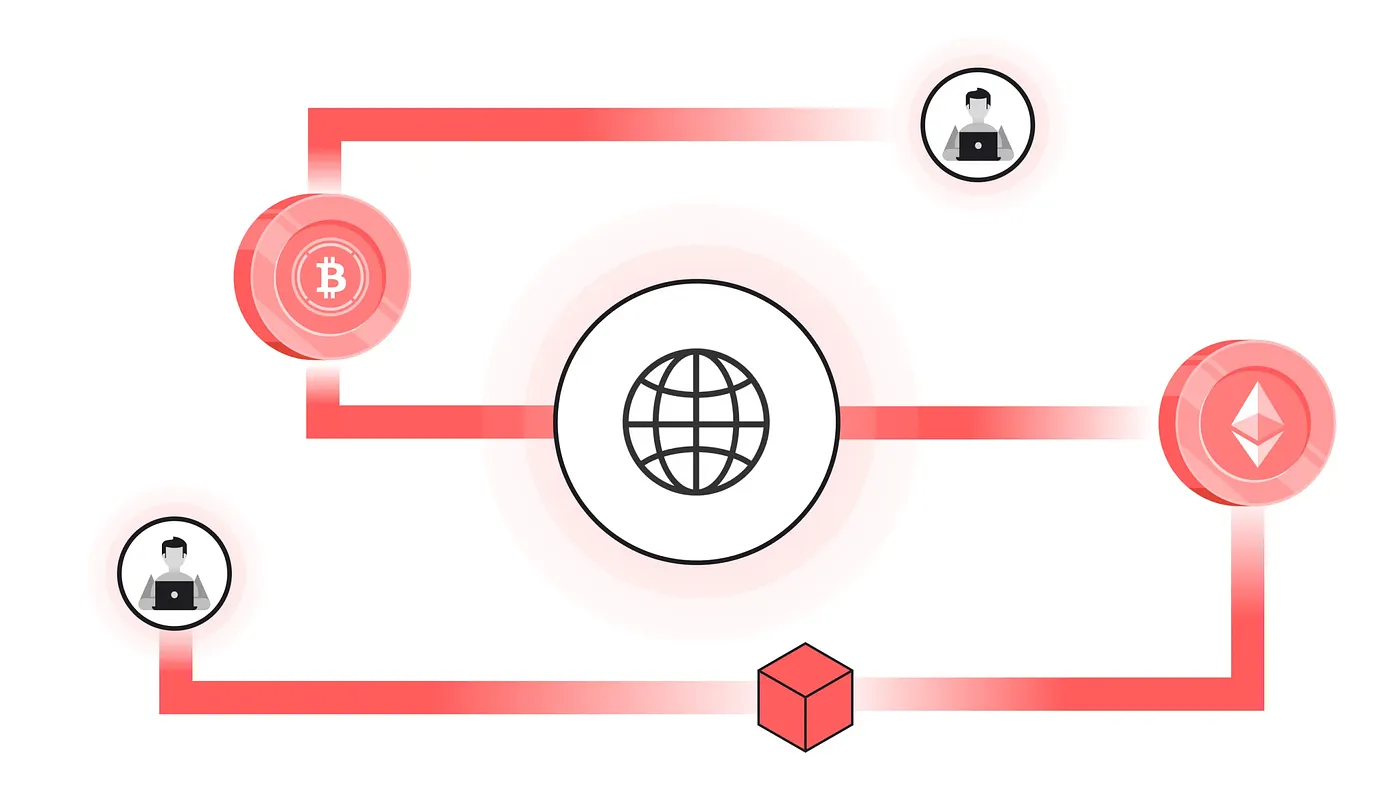
Uptick’s cross-chain capabilities make Web3-based ticketing accessible
across multiple blockchain ecosystems.
Uptick’s interoperable architecture, powered by the Uptick Cross-chain
Bridge (UCB) and Inter-Blockchain Communication (IBC) protocols,
enable smooth cross-chain digital asset functionality. Tickets can
move across blockchain ecosystems like Ethereum and Cosmos while
preserving metadata, provenance, and functionality. Leveraging batch
processing and zk-SNARKs, this reduces gas fees, eliminates silos, and
unlocks borderless access for fans and creators without sacrificing
security or flexibility.
Sovereign Identity
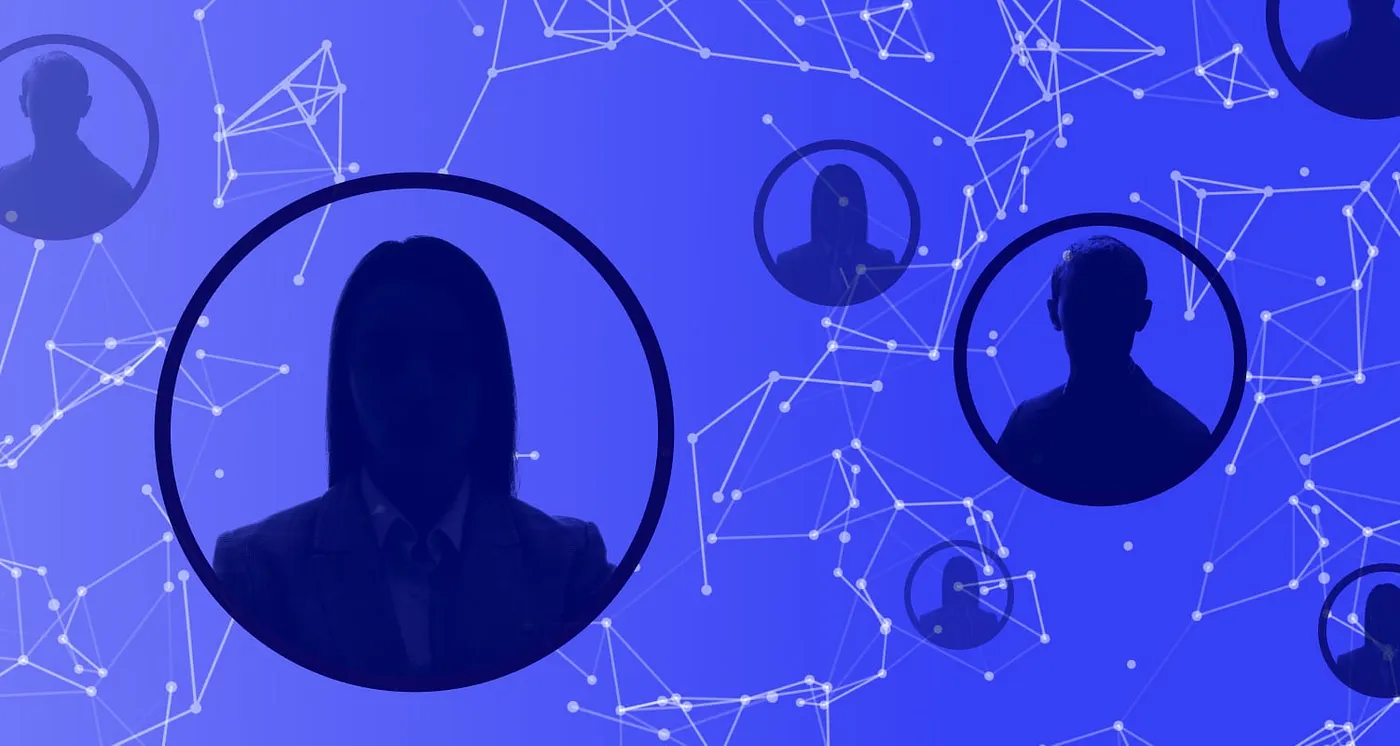
Uptick DID provides secure, privacy-preserving access without
requiring users to share sensitive personal information.
Decentralized Identity (DID) securely links tickets to on-chain
identities, allowing fans to access events without sharing personal
information. This approach aligns with data protection standards and
gives fans control over their identities, enhancing security while
providing a streamlined experience. Uptick DID, compliant with W3C
standards and global data protection frameworks like GDPR, allows fans
to maintain full control of their identities while providing secure,
verifiable access to events and exclusive experiences.
Scalable Infrastructure

Built on a modular architecture, Uptick utilizes Cosmos-SDK to deliver
extensive scalability.
Uptick’s scalable infrastructure supports both micro-transactions for
ticket sales and large-scale event operations. Layer 2 solutions
reduce gas fees by batching transactions off-chain while maintaining
decentralization, providing consistent performance during high-demand
periods, and allowing creators to scale without bottlenecks or delays.
Fully Decentralized
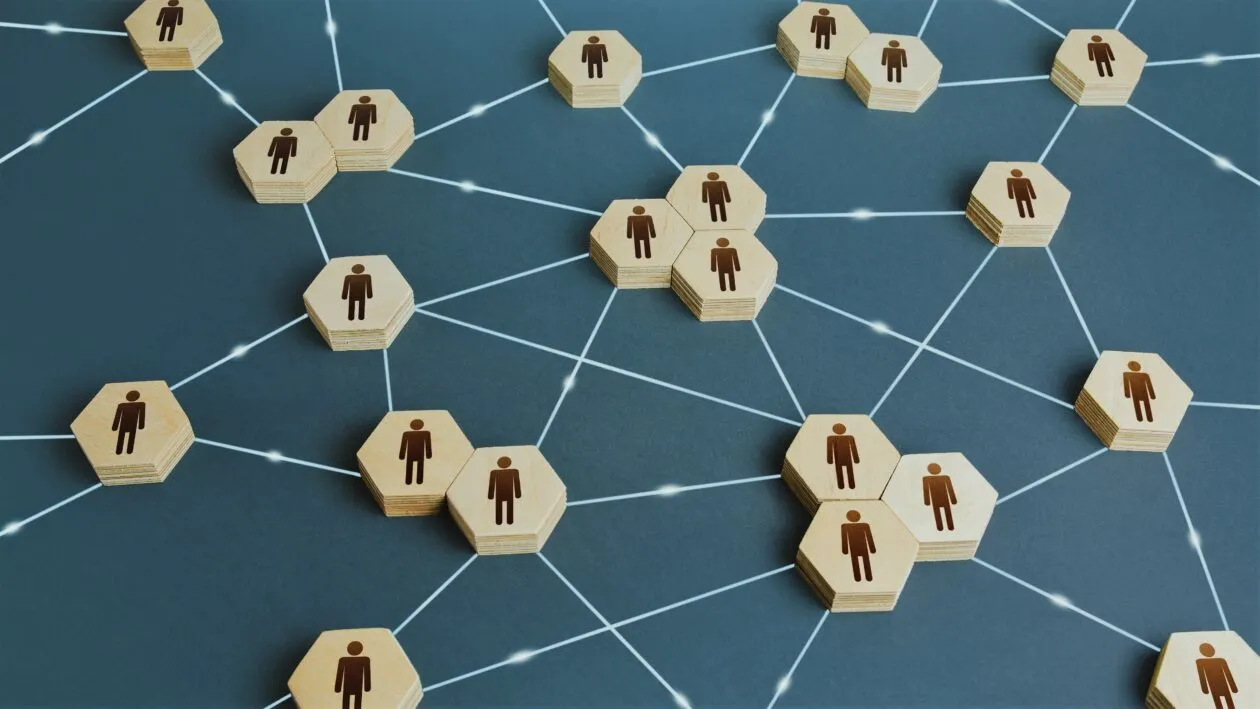
Uptick fully embraces decentralization, eliminating the centralized
barriers that traditionally plague ticketing platforms.
Built on a modular and scalable infrastructure, Uptick integrates
components like Decentralized Identity (DID) and interchain NFT
protocols, providing extensive cross-chain functionality and secure
ownership of digital assets.
From transaction processing to decision-making, the entire ticketing
and fan lifecycle operates autonomously, bypassing intermediaries.
This decentralized framework empowers creators and fans with direct
control over their data, assets, and interactions. Features such as
programmable NFT protocols allow for customizable ticket
functionalities, including dynamic pricing, loyalty rewards, and
verifiable ownership, redefine how events are managed and experienced.
These innovations provide a solid foundation for a truly user-driven
ticketing and fan economy, shifting power away from central entities
to the hands of the community.
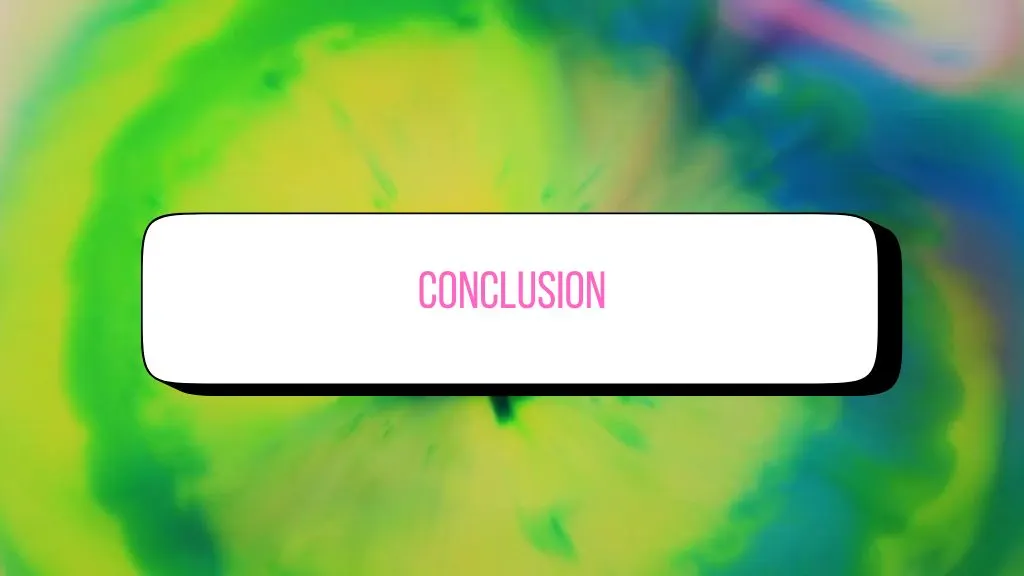
Ticketing and fan engagement have always been shaped by the balance
between access and exclusivity, simplicity and control. While the
industry has evolved to solve some challenges, it has introduced
others, such as scalping, counterfeit tickets, and fan disconnection.
These turn meaningful moments into frustrating, often costly
experiences.
Uptick reimagines what ticketing and fan engagement can be,
transforming tickets from fleeting access passes into tools for deeper
connection and lasting value. With infrastructure that enables true
ownership and adaptability, fans can participate in cultural moments
more fairly, while creators build meaningful communities and direct
relationships.
The future of the ticketing and fan economy holds the potential to
restore its original purpose, which is to bring people closer to the
experiences that matter most. With Uptick leading this transformation,
the focus returns to fans and creators, creating the foundation for a
more interconnected, and fair ticketing and fan economy.



































